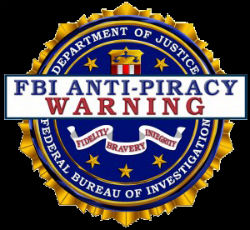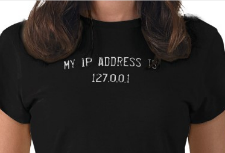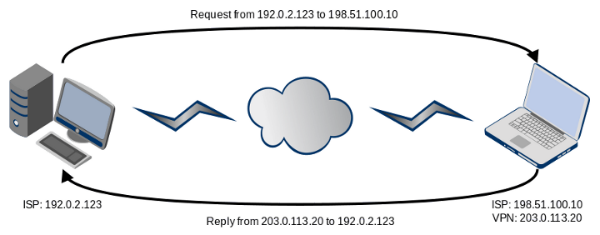FBI Investigates Hollywood Ties to Pirated ‘Hateful Eight’ Screener
mercredi 23 décembre 2015 à 14:30 Over the past several days more than a dozen high quality screeners of Hollywood films have appeared online, including The Hateful Eight, The Revenant and Steve Jobs.
Over the past several days more than a dozen high quality screeners of Hollywood films have appeared online, including The Hateful Eight, The Revenant and Steve Jobs.
Screeners are advance copies of recent movies, which are generally sent out to critics and awards voters. These high quality releases are subject to intense security precautions by the studios, as they are highly sought after by online pirates.
This year there appears to be a serious breach in the security process and Hollywood has involved the FBI to uncover where.
THR now reports that a watermark on the leaked copy of Tarantino’s The Hateful Eight points to Andrew Kosove, the co-CEO of production-finance company Alcon Entertainment.
The screener that was intended for Kosove was reportedly signed off by an office assistant at the company. The Hollywood executive, however, says he never received the copy.
“I’ve never seen this DVD. It’s never touched my hands. We’re going to do more than cooperate with the FBI. We’re going to conduct our own investigation to find out what happened,” Kosove told THR.
The screener eventually ended up online where it was released by the P2P-group Hive-CM8. The copy of The Hateful Eight is not the only leak to originate from this group, but it’s unknown whether any of the other releases are also linked to Alcon Entertainment’s co-CEO.
The Hollywood company is cooperating with the FBI and the film’s distributor The Weinstein Company to find out what exactly happened. Kosove hopes that the feds can help to get to the bottom of the matter.
“At the moment, nobody knows anything, but I promise we will find out. And I am praying that it had nothing to do with anyone at our beloved company,” he told Deadline.
Every year more than a dozen screeners leak online, often with direct ties to entertainment industry insiders.
Last year a pirated copy of The Secret Life of Walter Mitty was linked to Ellen DeGeneres, and Howard Stern’s name was also connected to a Super 8 screener.
At the time of writing The Hateful Eight has been shared more than a million times through various unauthorized channels. The film is set to premiere in the U.S. on Christmas day.
Source: TorrentFreak, for the latest info on copyright, file-sharing, torrent sites and ANONYMOUS VPN services.
 After expending hundreds of hours of legal resources since the momentous raid on Megaupload in 2012, the U.S. authorities left no stone unturned in their efforts to have Kim Dotcom and colleagues Mathias Ortmann, Finn Batato and Bram van der Kolk extradited from New Zealand to face justice in the United States.
After expending hundreds of hours of legal resources since the momentous raid on Megaupload in 2012, the U.S. authorities left no stone unturned in their efforts to have Kim Dotcom and colleagues Mathias Ortmann, Finn Batato and Bram van der Kolk extradited from New Zealand to face justice in the United States. A few weeks ago we covered a
A few weeks ago we covered a 
 When it comes to music-focused anti-piracy activity in the UK, the British Recorded Music Industry (BPI) is the absolute market leader. Acting on behalf of many hundreds of recording industry members, there’s little doubt that the BPI has its finger on the pulse of local infringement.
When it comes to music-focused anti-piracy activity in the UK, the British Recorded Music Industry (BPI) is the absolute market leader. Acting on behalf of many hundreds of recording industry members, there’s little doubt that the BPI has its finger on the pulse of local infringement. Domain name blocking has become one of the entertainment industries’ go-to methods for reducing online copyright infringement.
Domain name blocking has become one of the entertainment industries’ go-to methods for reducing online copyright infringement.